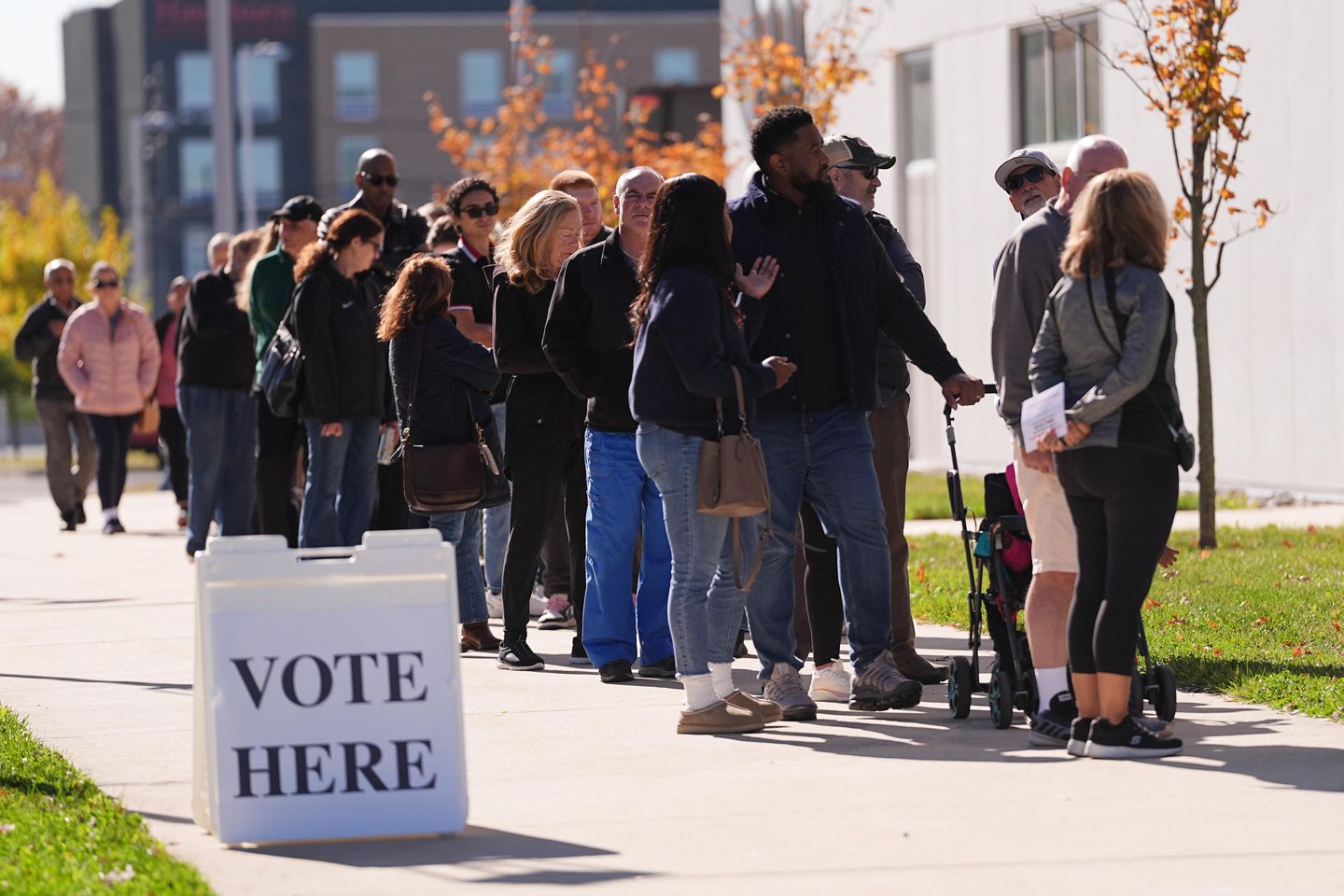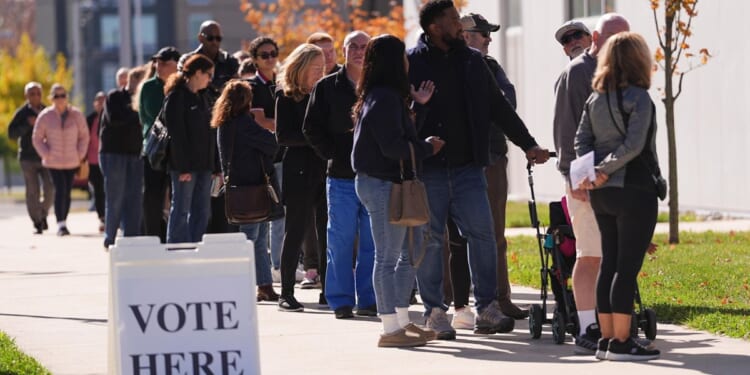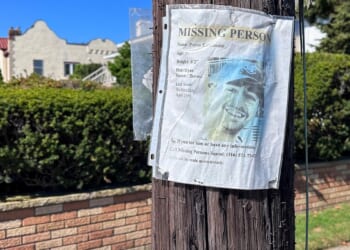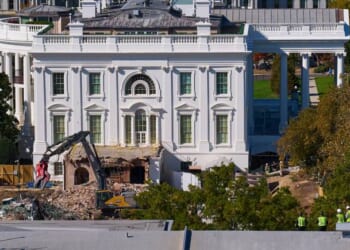
A federal judge on Monday questioned the legality of allowing states to check their voting lists against Homeland Security’s citizenship database, but ruled that she can’t shut the program down — yet.
Judge Sparkle Sooknanan, a Biden appointee to the court in Washington, delivered several verbal attacks of the DHS program, saying she is “troubled” by the new policy and “doubts the lawfulness.”
But she said the League of Women Voters and other activists who sued DHS haven’t shown enough of a legal injury at this point for the court to be able to impose a blockade.
She instead ordered the case to be sped up.
“Given the rapid ongoing developments and serious issues at stake, the court intends to move expeditiously to resolve the merits of this dispute,” she wrote.
Known as Systematic Alien Verification for Entitlements or SAVE, the database is the government’s main list of citizenship and immigration status.
It was created so government entities could check to see if someone qualified for welfare benefits or other assistance that is supposed to be limited based on citizenship or legal status.
Some states have used it to check their voter rolls, though it was costly and cumbersome under the Biden administration.
The Trump administration expanded access to SAVE, increased the databases it checks to determine citizenship, and made the system free of charge for states to run voters’ names.
In the wake of that move, most GOP-led states have rushed to sign agreements to use SAVE to check their voting rolls.
Texas, for example, completed its review last month and found 2,724 potential noncitizens out of 18 million names on its list, or about 0.01%.
The League of Women Voters and other activists say SAVE is riddled with errors that will mean people get wrongly booted from the lists.
The league led the lawsuit, which also includes some individual plaintiffs who fear they could be de-registered despite being actual U.S. citizens.
They brought a class action and challenged the Trump administration’s changes to SAVE as a violation of the Privacy Act and the Administrative Procedure Act.
Judge Sooknanan, while saying she was sympathetic to the groups’ challenge, said at this early point in the litigation that they must prove “irreparable harm” for her to halt the Trump changes.
And she said they didn’t clear that bar.
“Plaintiffs cannot point to even one naturalized citizen whose voter registration was negatively impacted by inaccuracies in the SAVE system,” she wrote.
She also said the data from SAVE being shared among governments is not enough to trigger Privacy Act violations, and as of now there is no evidence that state and local governments are releasing the data from SAVE.











